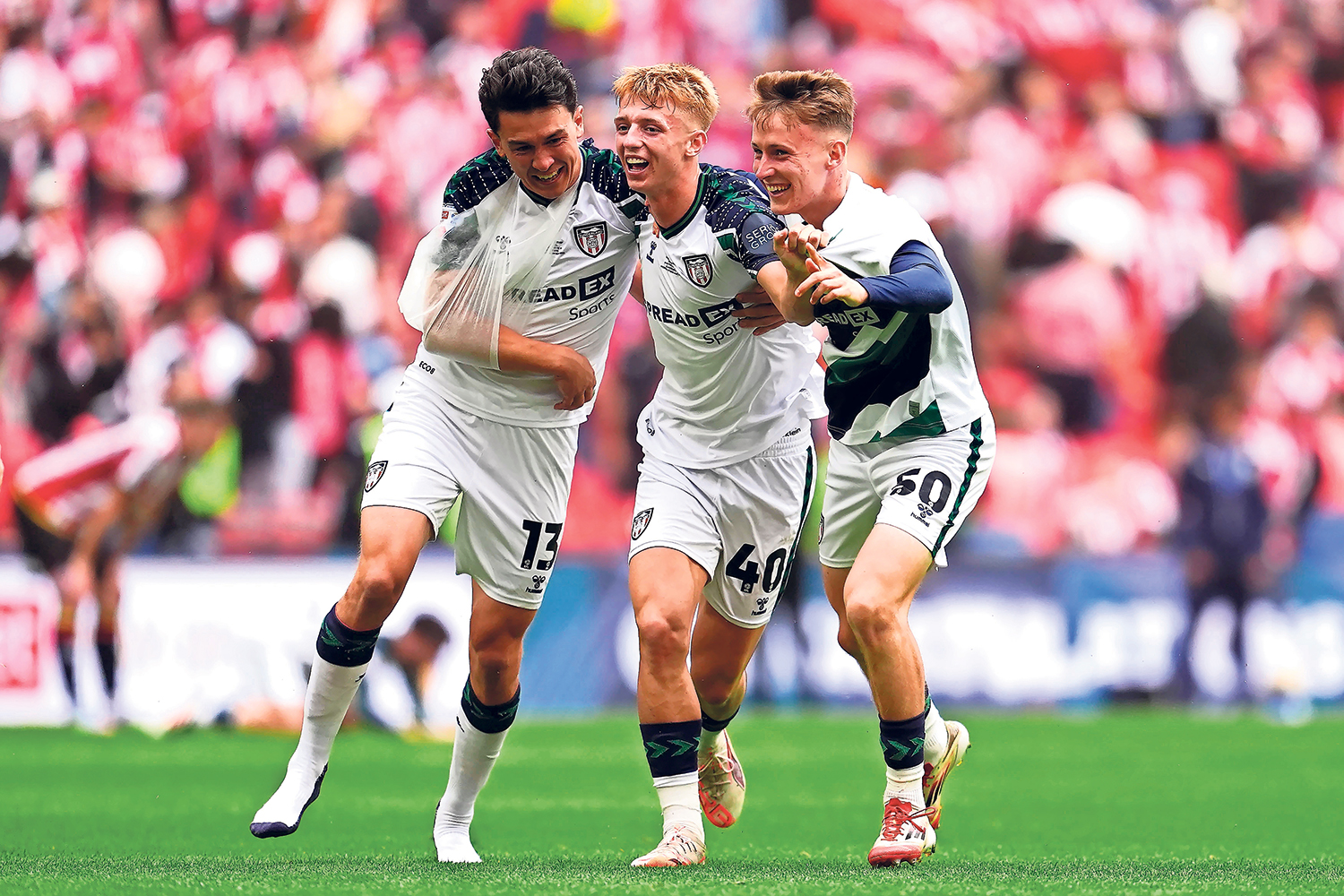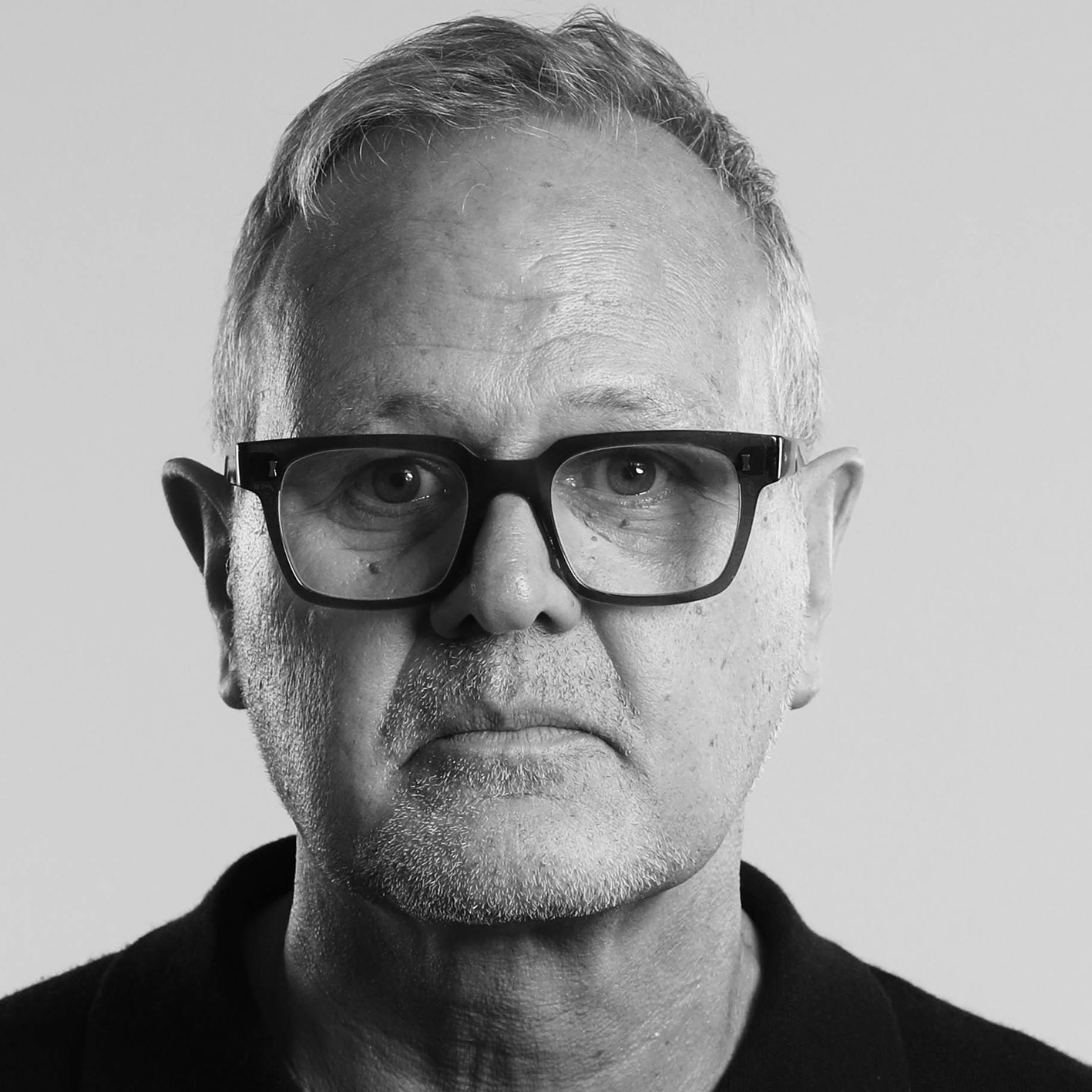The rejoicing that will sweep Southend or Oldham this weekend won’t match the scale of the joy at Newcastle, Crystal Palace or Tottenham, cup winners all, in a season of catharsis.
But in spirit the outpouring that will accompany Oldham or Southend returning to the 92-club pyramid from the National League fits the same template of communal glee, in an age where analogue pleasure is eclipsed by digital unreality.
Rapture at this time of year is nothing new. But three clubs (Newcastle, Palace, Spurs) waiting more than 200 years between them for a trophy has lent this season a distinctive feel. It has been the campaign of delayed gratification, when all we tend to want is the instant kind.
In her book, The Extinction of Experience – Reclaiming our Humanity in a Digital World, Christine Rosen asserts that Big Tech has turned us away from shared involvement towards private spheres. “More and more people create their own realities rather than live in the world around them,” she writes. Emojis replace conversation, handwriting withers in schools and headphones and smartphones stifle interaction. Every human sensation becomes mediated. Or so the theory goes.
And sport isn’t immune. Rosen cites the NFL’s Jacksonville Jaguars installing a 7,000sq ft fantasy football lounge in their stadium for people who want to watch how their picks are doing digitally – rather than the actual game going on outside. If she is right about Big Tech’s annexation of our brains, where are the escapes? Who, or what, is fighting back? Anyone who was at Wembley for the FA Cup final when Crystal Palace won their first proper trophy would answer – football.
The same, when Newcastle United won their first domestic pot for 70 years – the League Cup – or when Spurs, despite finishing 17th in the Premier League with 22 defeats (their worst domestic season since 1977-78) claimed the Europa League – their first prize in 17 years.
Festivals are another counterpoint to Rosen’s thesis, the young will say. What are Glastonbury and the other vast summer gatherings if not a quest for mass togetherness, a consuming unity?
Big sporting victories, though, remain the most powerful form of communion. This spring open-top bus providers have struggled to keep up with demand for celebratory parades in front of swarms of exuberant fans.
The engulfing euphoria bound each disciple in a way that church and politics can’t
The engulfing euphoria bound each disciple in a way that church and politics can’t
We’ve seen Liverpool, Newcastle and north London thronged with jubilant crowds, and last week Crystal Palace joined the party, making south London giddy with an FA Cup bus tour that finally put their 1991 Zenith Data Systems Cup win to bed. In that throng, the BBC reported, was 18-year-old Talya Kuleshnyk who said she “only became a Palace fan a few months ago”. Palace waited 120 years to win a trophy. Kuleshnyk hit the jackpot in her first season.
It wasn’t the victories themselves that were so mesmerising. Rather, the reaction to them: an engulfing euphoria that bound each disciple in a way that church or politics no longer can.
Newsletters
Choose the newsletters you want to receive
View more
For information about how The Observer protects your data, read our Privacy Policy
In Scotland, 100,000 turned out for Aberdeen’s first Scottish Cup win in 35 years. Across the border, jubilation seized Sunderland (Championship play-off winners) and other sets of supporters who view promotion as they would a ticket to paradise. AFC Wimbledon and Charlton also won play-off finals that set a combined attendance record of 209,858.
Sunderland v Sheffield United drew 82,718, Charlton overcoming Leyton Orient pulled in 76,193, 50,947 saw AFC Wimbledon beat Walsall. These are colossal numbers, and it’s a shame the attendance for Oldham v Southend has been restricted, ostensibly by the closure today of Wembley Park station.
Whichever club goes up, the glow will last all summer. In my Sussex home town, Spurs jerseys were rarely seen before their Europa League win. What might have felt like a shirt of shame is now proudly worn. Crystal Palace tops, too, have been visible in places you wouldn’t expect. Catharsis is everywhere: including Italy, where Bologna ended a 51-year wait by winning the Coppa Italia.
In last week’s Observer Slow Newscast, a Leicester fan described the “guttural howl” that left his mouth when his team’s 5,000-1 2016 title win was confirmed. “I couldn’t recreate it,” he said. Of course not. Those noises emanate from profound release and relief.
The dark world beyond joy and escapism found a way to interject. The spell cast by Liverpool’s title celebration at Anfield and bus parade was broken when a vehicle ploughed through a crowd, injuring at least 79. A shiver will have passed through everyone who pressed on to pavements thinking nothing could harm them amid such contentment.
Football can’t save people from the threats and calamities that stalk the world. But sometimes there’s a pay-back for patience, stoicism and the blind faith that keeps fans coming back for more. This year the dynamic flipped, from despair to mass delight, bringing people together in huge numbers in a season of answered prayers.
Photograph by Nick Potts/PA

